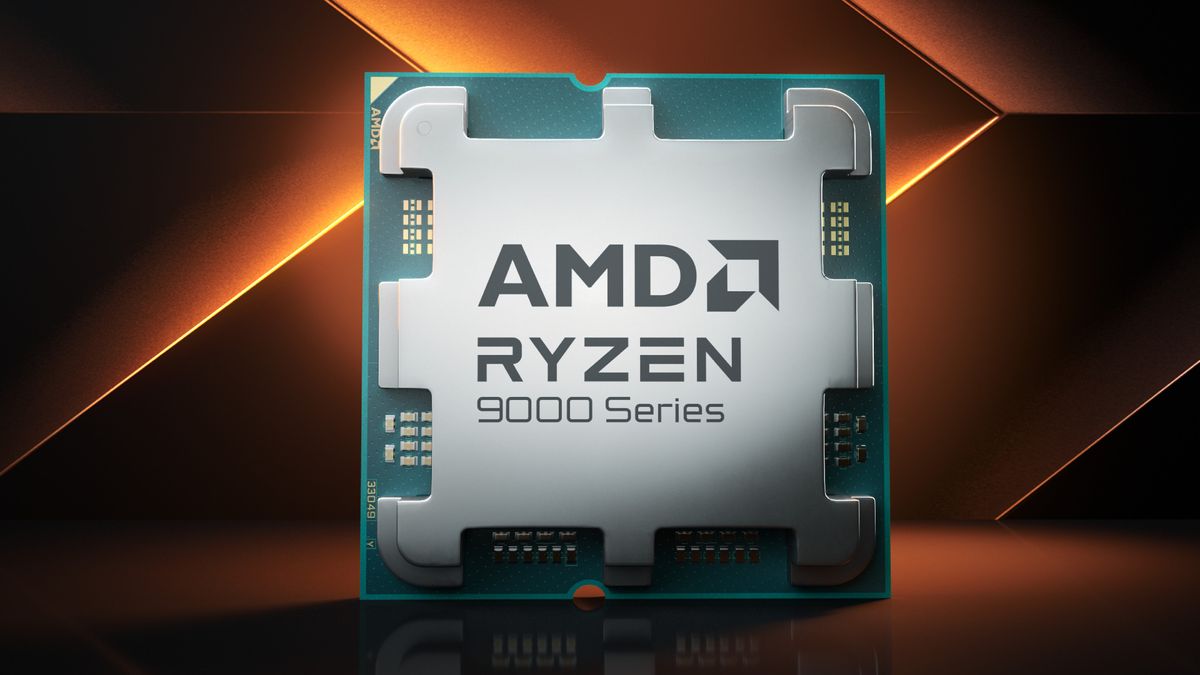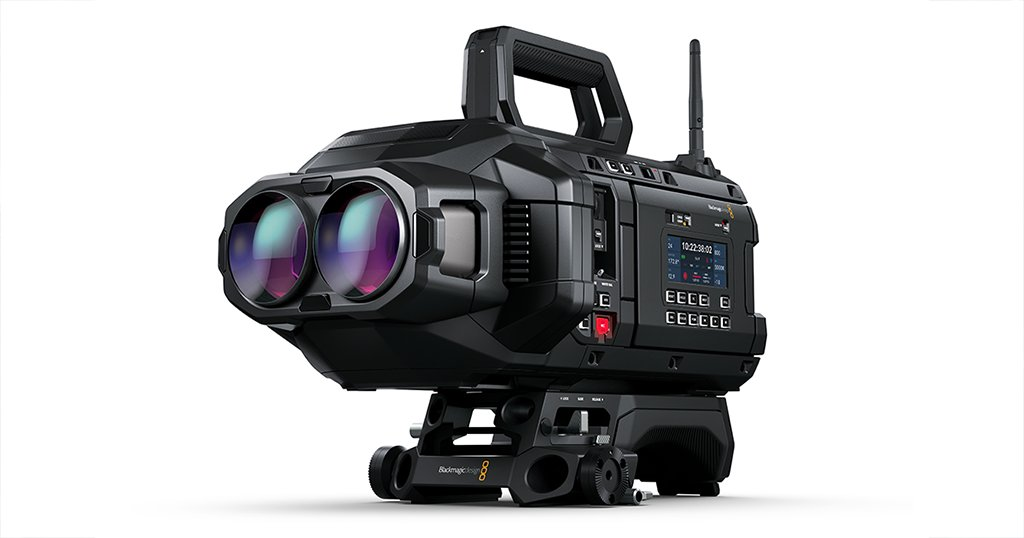Leaked AMD Ryzen 9 9900X benchmarks have surfaced with the upcoming Zen 5 CPU showcasing its single-core and multi-core performance in impressive fashion.
As spotted by Videocardz, the 12-core Ryzen 9900X processor achieved a score of 3,401 in Geekbench 6’s single-core test. For reference, that’s a substantial 10.1% lead over the Intel Core i9-14900K and a big 15.6% jump over the flagship AMD Ryzen 9 7950X.
This leak also offered another notable nugget, showing the 9900X exceeding a boost speed of 5.6GHz.
The supposed multi-core performance of the Ryzen 9 9900X proved to be nearly as impressive, too. The CPU managed a score of 19,756 in Geekbench 6 multi-core, again surpassing the current AMD flagship, but falling just short of Intel‘s 14900K.
The second leak backs this up, showing the 9900X’s multi-core performance in Cinebench R23 with a total score of 33,000 in its 120W TDP mode, and 34,500 in 170W mode as Wccftech reports. The high-end Ryzen 9 CPU falls just behind the Intel Core i7-14700K (which has more cores and threads at a higher boost clock speed) by about 2%, so the margins are slim.
If true – and clearly we need to be careful about assuming too much – these benchmarks are an encouraging early sign of force from the soon-to-be-released Ryzen 9000 series which is rumored to be arriving on July 31 worldwide. (AMD hasn’t given us a firm date yet, but has said the launch will happen in July).
It’s important to note that the 9900X isn’t the most powerful of the next-gen range – that’s a title that belongs to the 16-core AMD Ryzen 9 9950X. From what we’ve seen, it’s possible that these two chips may rank among the best processors on the market, but we’ll only know once we test them ourselves.
AMD Ryzen 9000 series could come out on top
From these early benchmarks, it seems that the Ryzen 9900X is more powerful than we expected – the uplift in single-core and multi-core performance is certainly notable here.
That’s clearly something for Intel to think about, but then, we don’t know how hard Team Blue might hit back with its own next-gen CPUs. We could see Intel Arrow Lake as early as September, perhaps, and in the past, some rumors have been pretty positive about the gains these processors will achieve.
Note that unlike Ryzen 9000, Intel’s next-gen desktop CPUs will use an entirely new socket, so for existing PCs, it’ll require an upgrade to a new motherboard, which will be an extra expense.





